Plasticity in somatosensory cortex and motor learning
[Funded by SERB-SRG]
Somatosensory areas might play a role in motor memory retention in at least two different ways. They may be involved in storing newly learned sensory states that guide subsequent movements. Another possibility is that posterior somatosensory cortex may be related to its involvement in the efferent control of movement. Plasticity in the somatosensory cortex might be driven by motor related changes and storage of these changes is necessary for memory consolidation. Our aim is to provide robust evidence for efferent control of movement in posterior somatosensory cortex in humans. Next, we will assess the basis of plasticity in posterior somatosensory cortex during motor learning through measuring changes in cortical excitability.
Neural basis of short and long-term motor memory consolidation
[Funded by DST-Cognitive Science Research Initiative]
Like other forms of memory, motor memories are thought to exist initially in a labile form (reflecting short-term or immediate storage). With time and sleep, motor memory is consolidated to permit retention. The overall goal of the proposed research is to understand the relative contribution of somatosensory and motor areas of the brain to both short-term and consolidated motor memory which together make possible the retention of newly learned movements.
Neural Structures and mechanisms underlying motor memory reconsolidation
[Funded by DBT]
The overarching goal of this project is to investigate whether reactivation of a motor memory engages the same mechanisms and neural structures which were involved in initial learning and makes it susceptible to interference. In addition, we would also explore the possibility of enhancing the memory reconsolidation through excitatory magnetic stimulation.
Lab Facilities
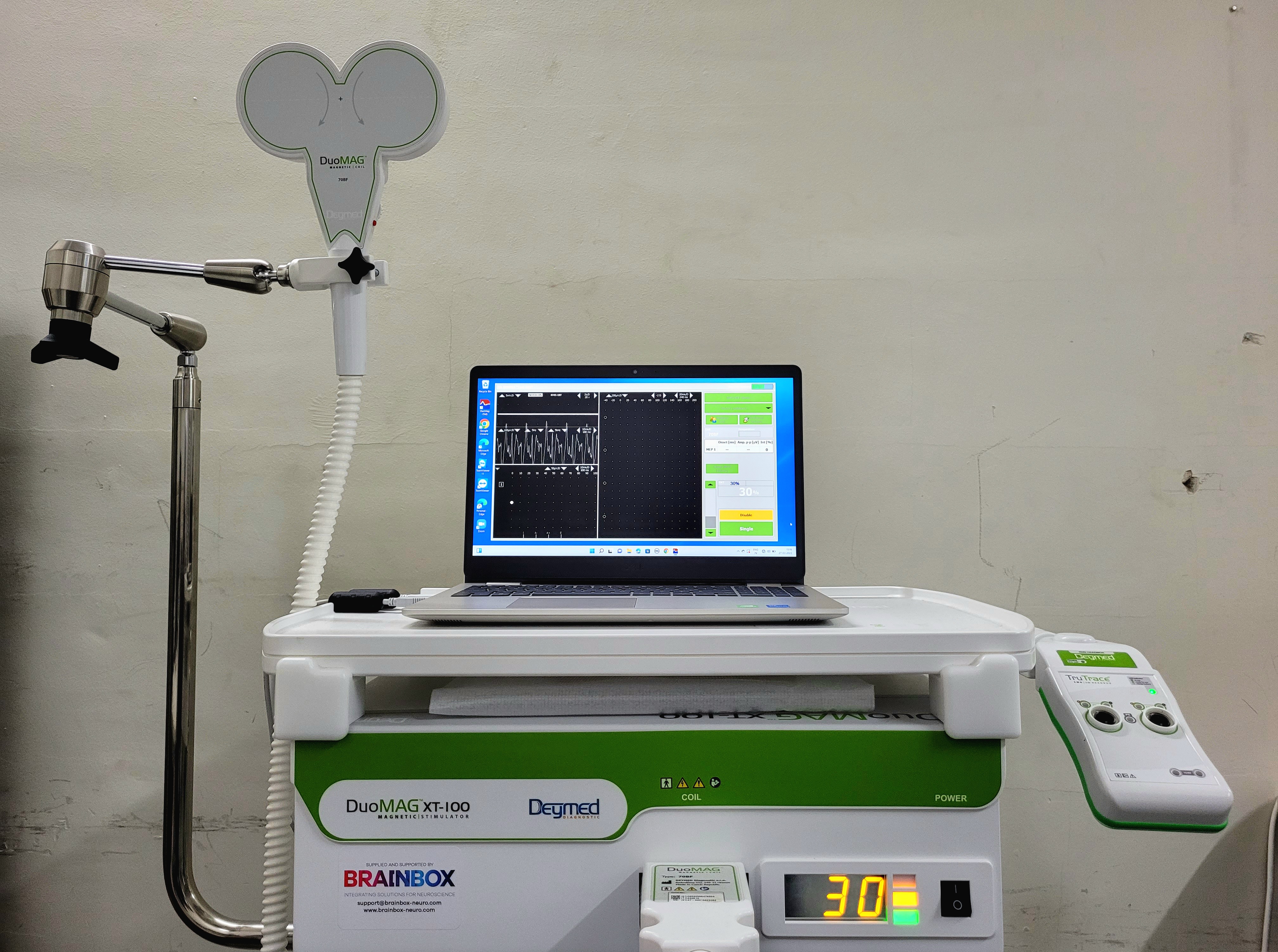
Transcranial Magnetic Stimulation (TMS) System
TMS is a noninvasive procedure that uses magnetic fields to stimulate neurons in the cortical brain areas. TMS can be used to inhibit or excite brain regions to assess their causal role in a cognitive process.
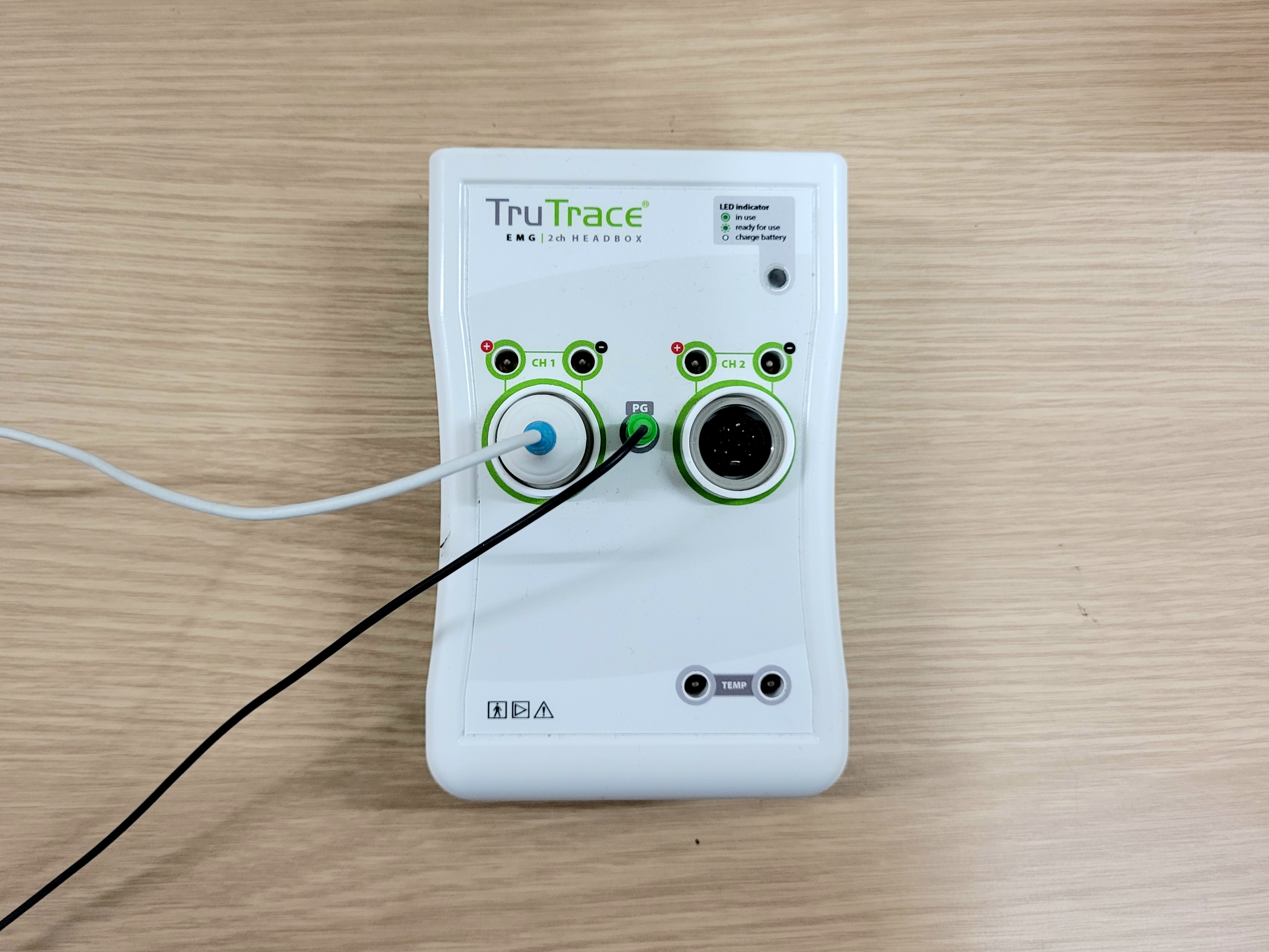
Electromyogram (EMG)
Two-channel EMG records muscle activity and Motor evoked Potential (MEP) in response to magnetic stimulation to measure cortical excitability.
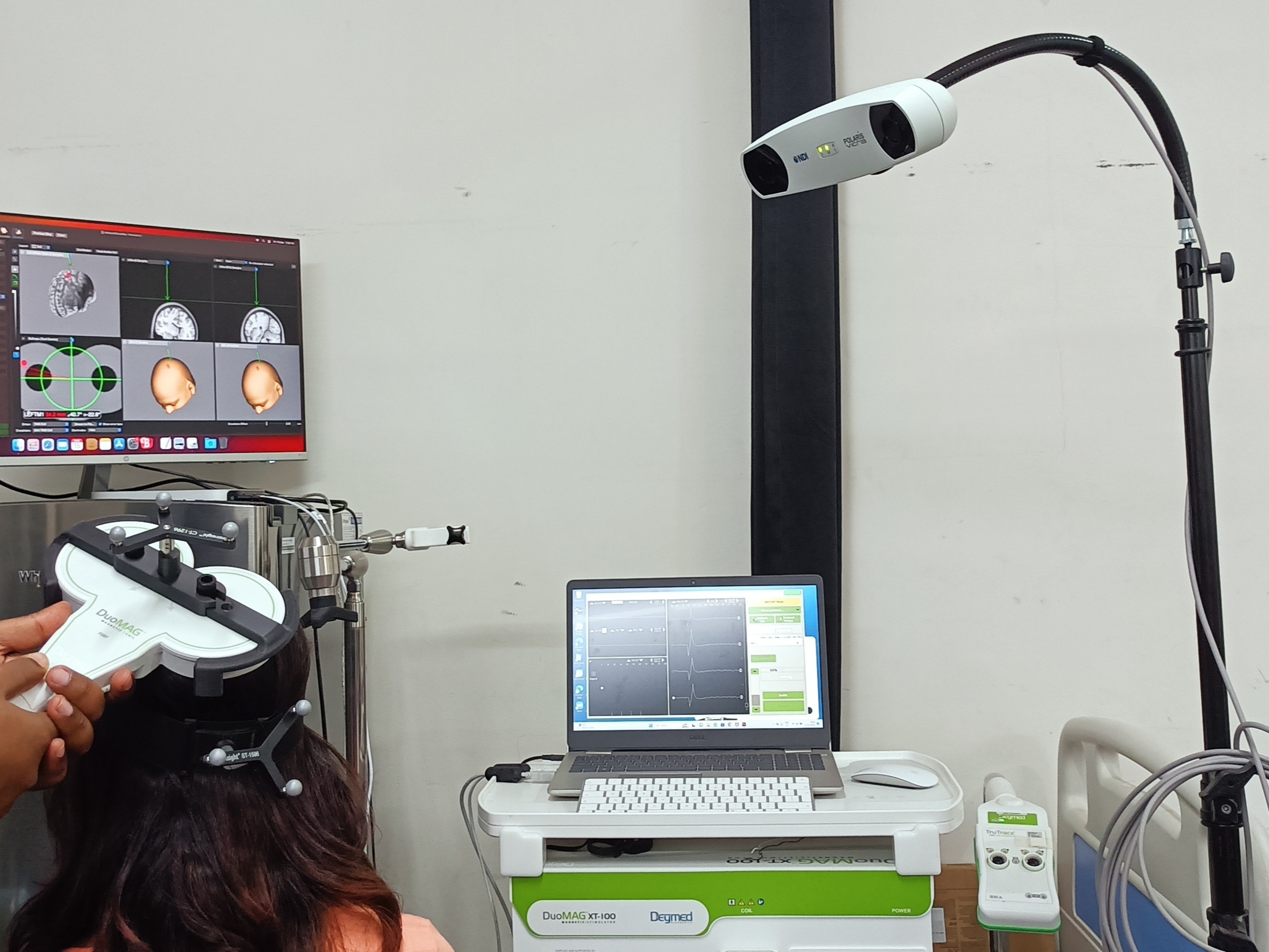
Neuronavigation System
Brainsight neuronavigation system is used for marking anatomical targets and guiding TMS coil for robust precision during brain stimulation.
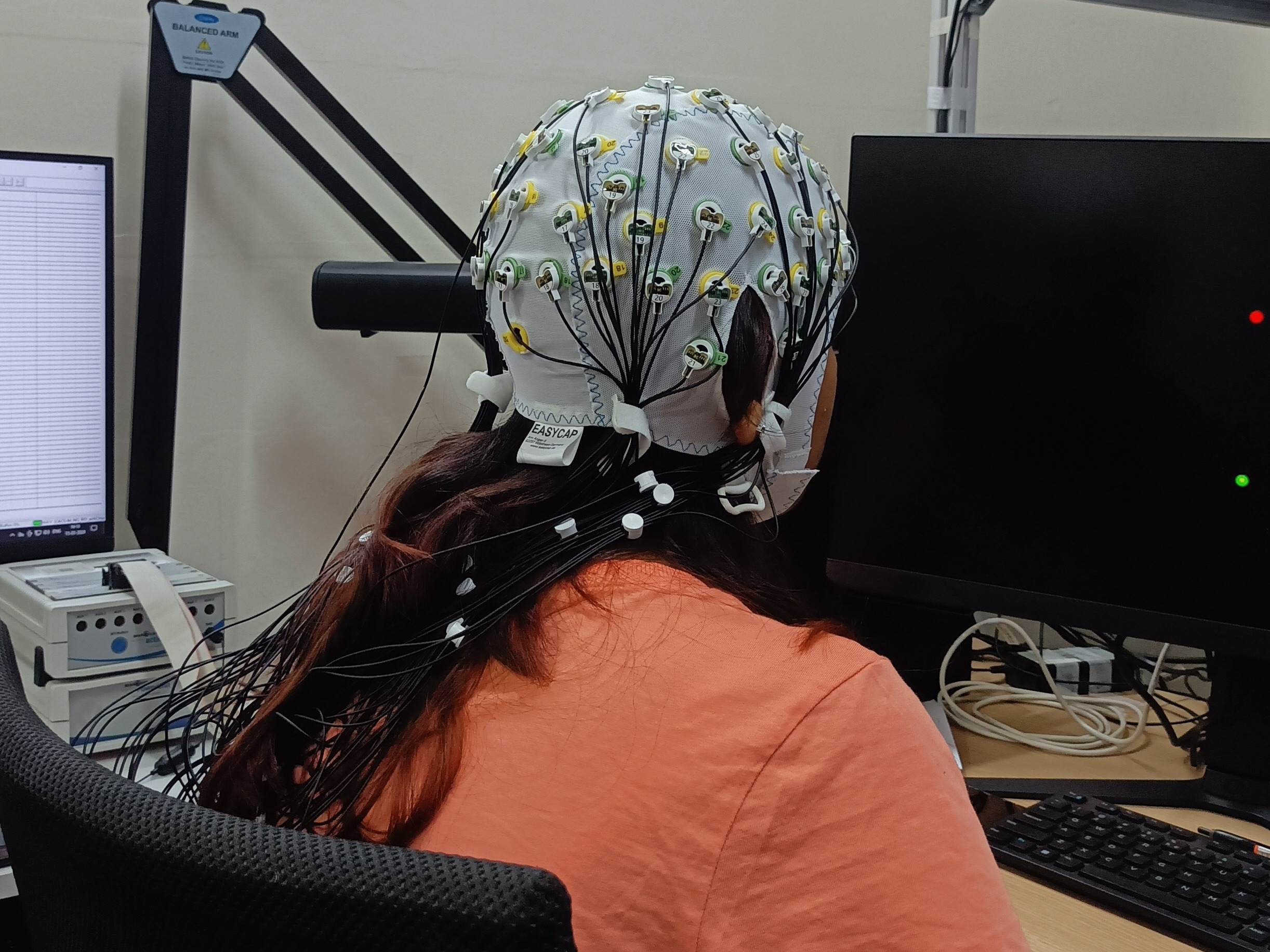
Electroencephalogram (EEG)
EEG measures the electrical activity of the brain using active electrodes placed on scalp. Real-time EEG data analysis can be used for performing closed-loop TMS.
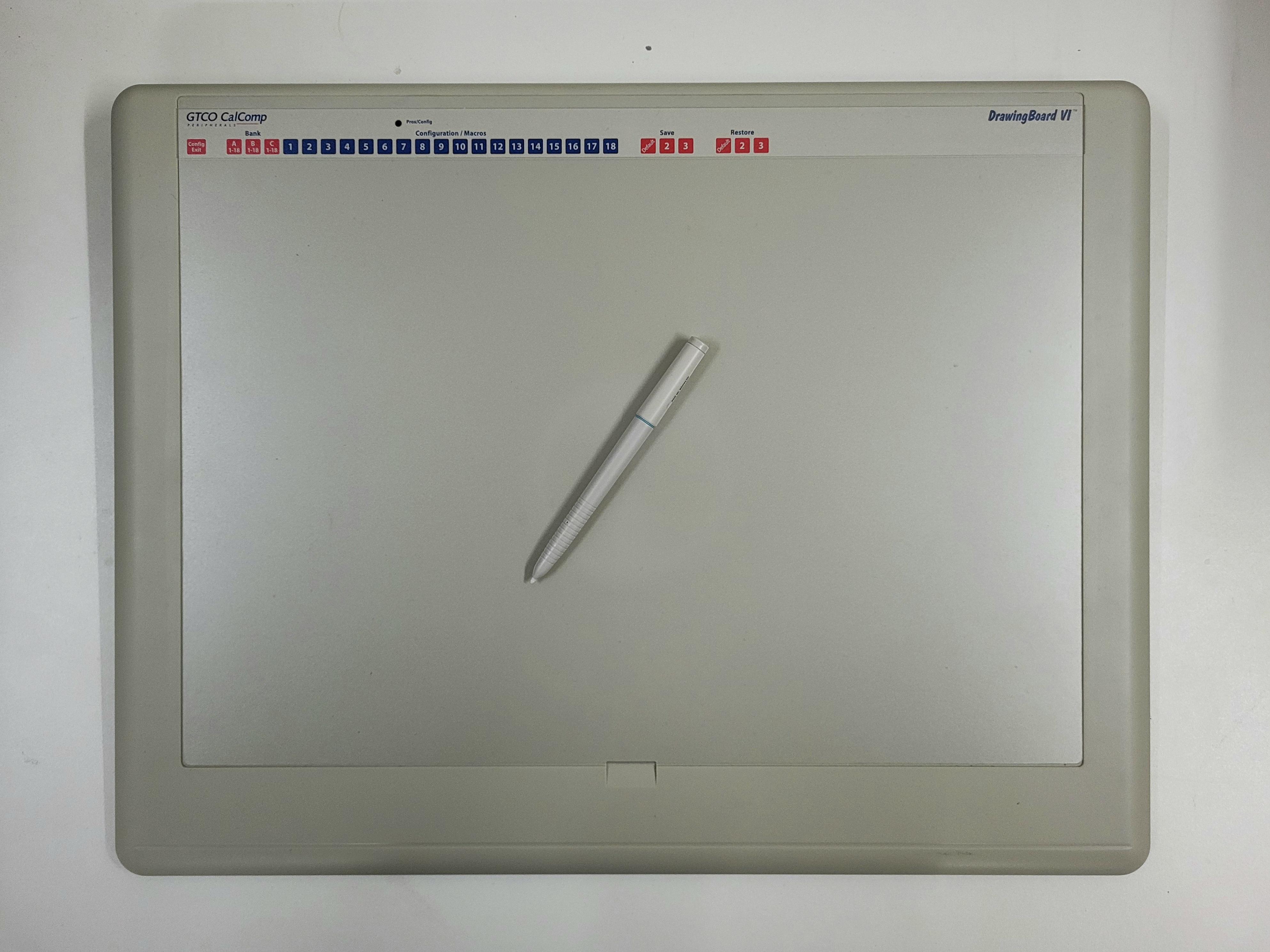
Digitizing Tablet
Tablet is used to record the hand movement through the stylus in various motor learning task.
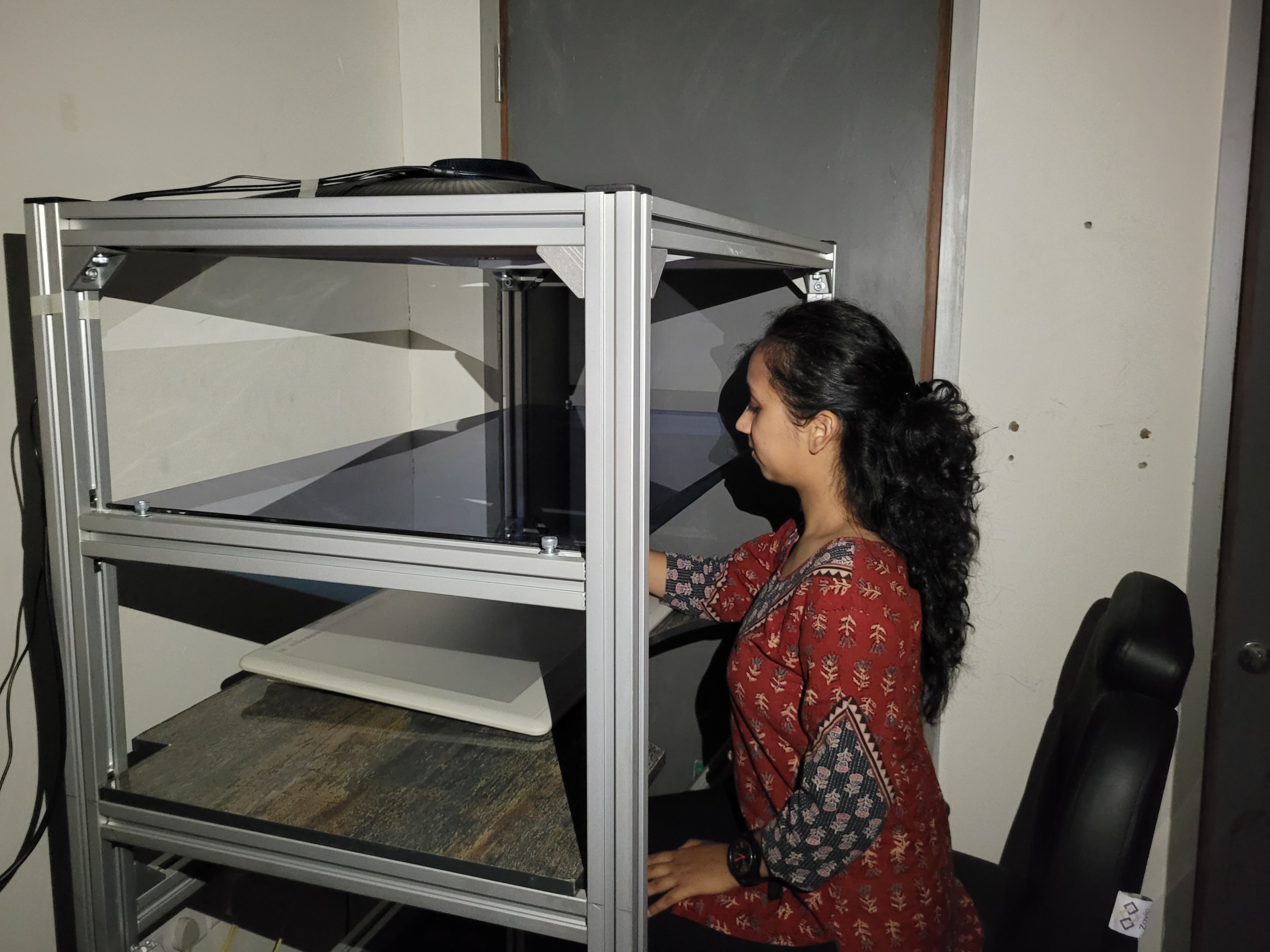
VR Frame Setup
Frame is used in combination with Digitizing Tablet to manipulate the visual information of hand position to induce various kinds of motor learning.
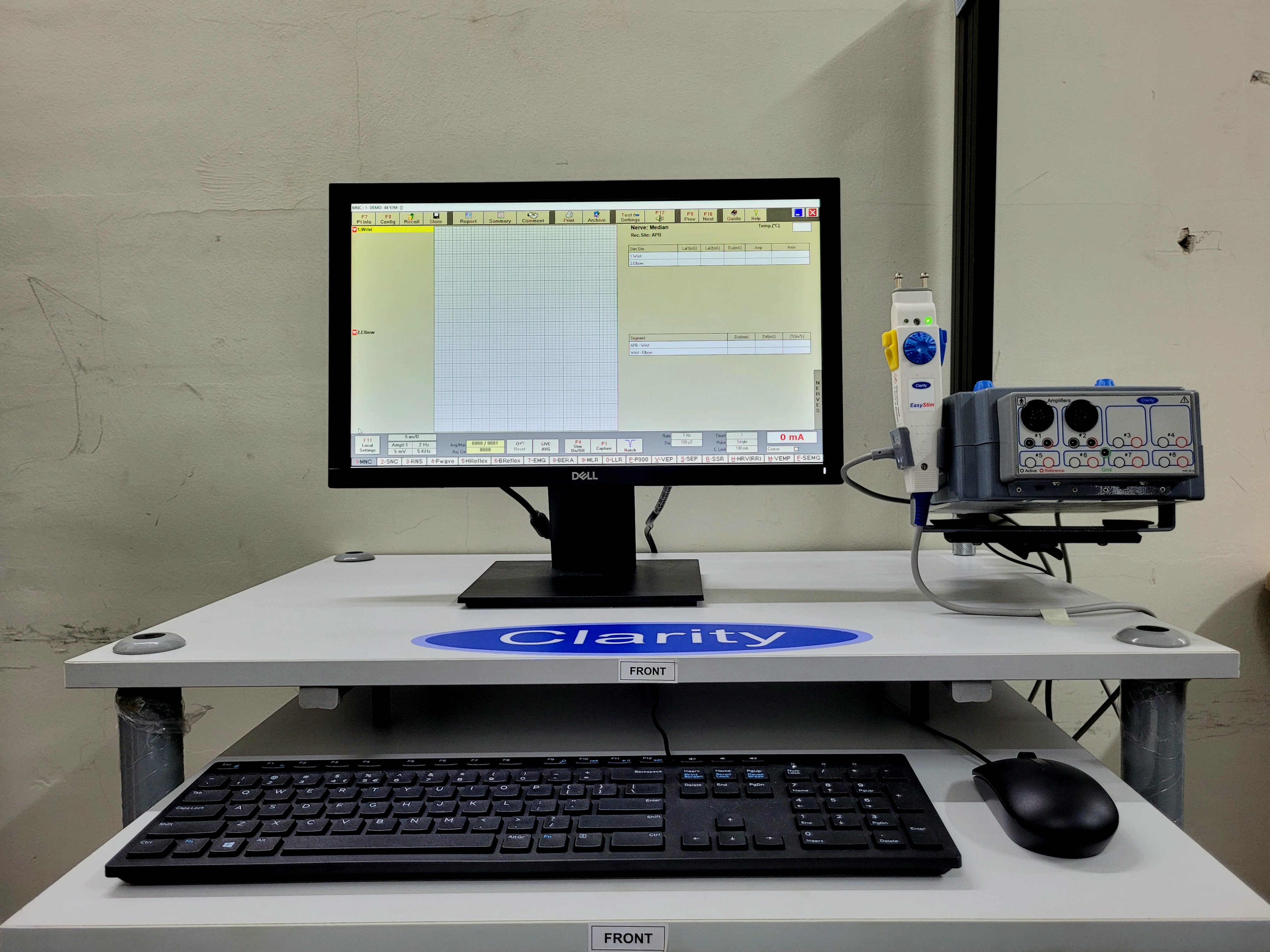
Nerve Stimulator
Nerve Stimulator is used for the peripheral nerve stimulation and measure the Sensory Evoked Potentials (SEP)